SUMMARY
This is AI generated summarization, which may have errors. For context, always refer to the full article.
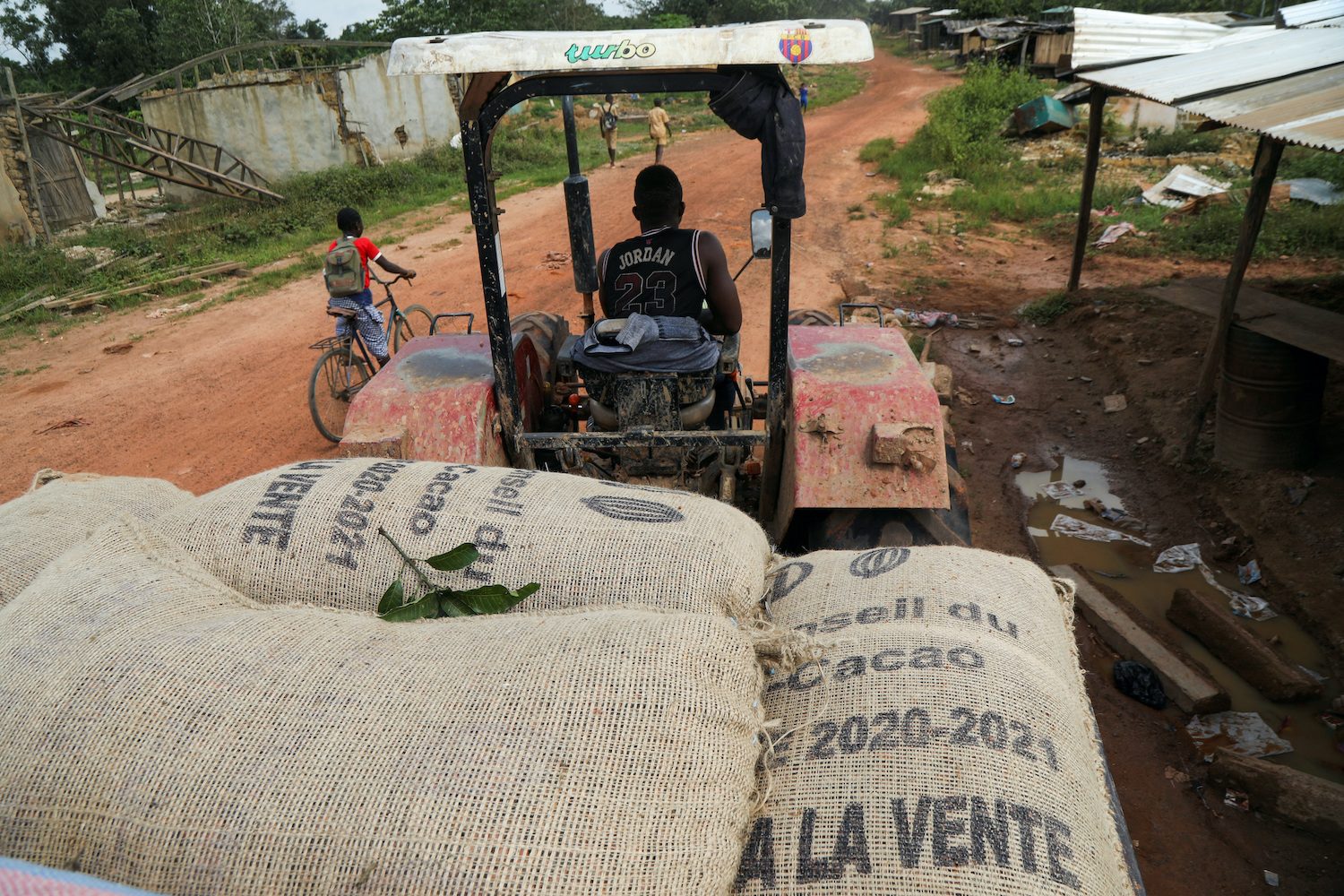
ROME, Italy – Ivory Coast expects all its cocoa will be traceable down to the individual farmer level by October next year as the world’s top cocoa producer ramps up efforts to tackle deforestation ahead of a looming EU forest protection law.
The European Commission proposed a law late last year aimed at preventing the import of commodities linked to deforestation by requiring companies to prove their global supply chains are not contributing to the destruction of forests.
The proposed law sets mandatory due diligence rules for importers into the EU of soy, beef, palm oil, wood, cocoa, and coffee, and is expected to be passed by 2023.
The law will require companies in the EU to collect geographic coordinates showing where commodities they buy were produced, and to monitor these locations for forest loss via satellite images.
However, cocoa companies often source from an indirect supply chain over which they have little visibility. As a result, producing countries are under pressure to trace cocoa in this part of the chain so that their EU exports are not jeopardized.
“Implementation of the traceability system for all cocoa from the field to the exporters’ factory [will occur in the] 2023-2024 campaign,” said Yves Brahima Kone, head of the Cocoa and Coffee Council, Ivory Coast’s cocoa regulator.
Kone spoke to Reuters on the sidelines of the European Cocoa Association Forum in Rome, a triennial event for the cocoa sector.
The indirect supply chain includes farmers, cooperatives, local traders, and exporters. According to the World Cocoa Foundation, an industry group, around half of world bean supply is sourced indirectly.
Many European companies operate in countries where environmental abuses are rife, but there is currently no EU-wide requirement for them to find and fix risks to the environment in their global supply chains.
Emissions from the land-use sector, mostly from deforestation, are the second major cause of climate change after the burning of fossil fuels, European Commission data shows. – Rappler.com
Add a comment
How does this make you feel?
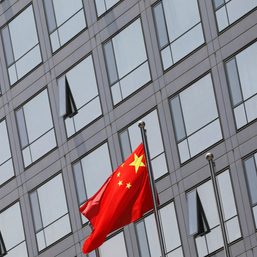
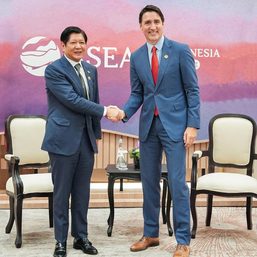

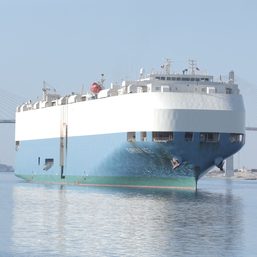
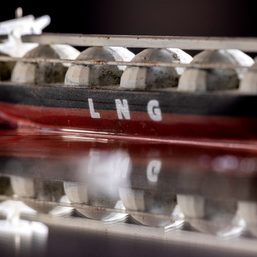
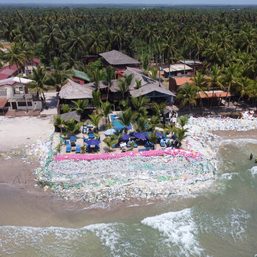

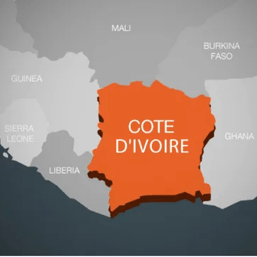
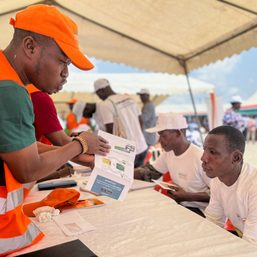
There are no comments yet. Add your comment to start the conversation.